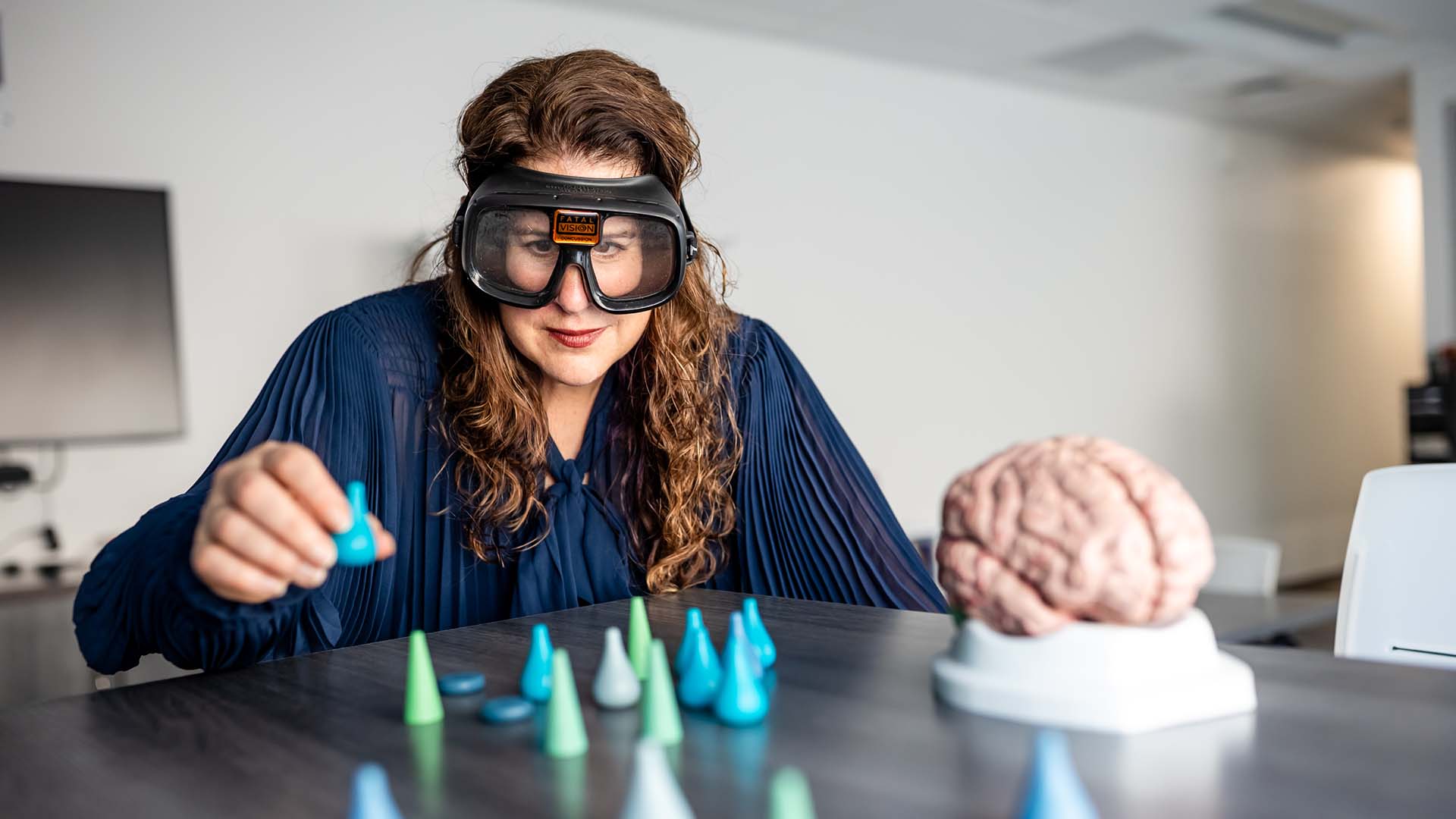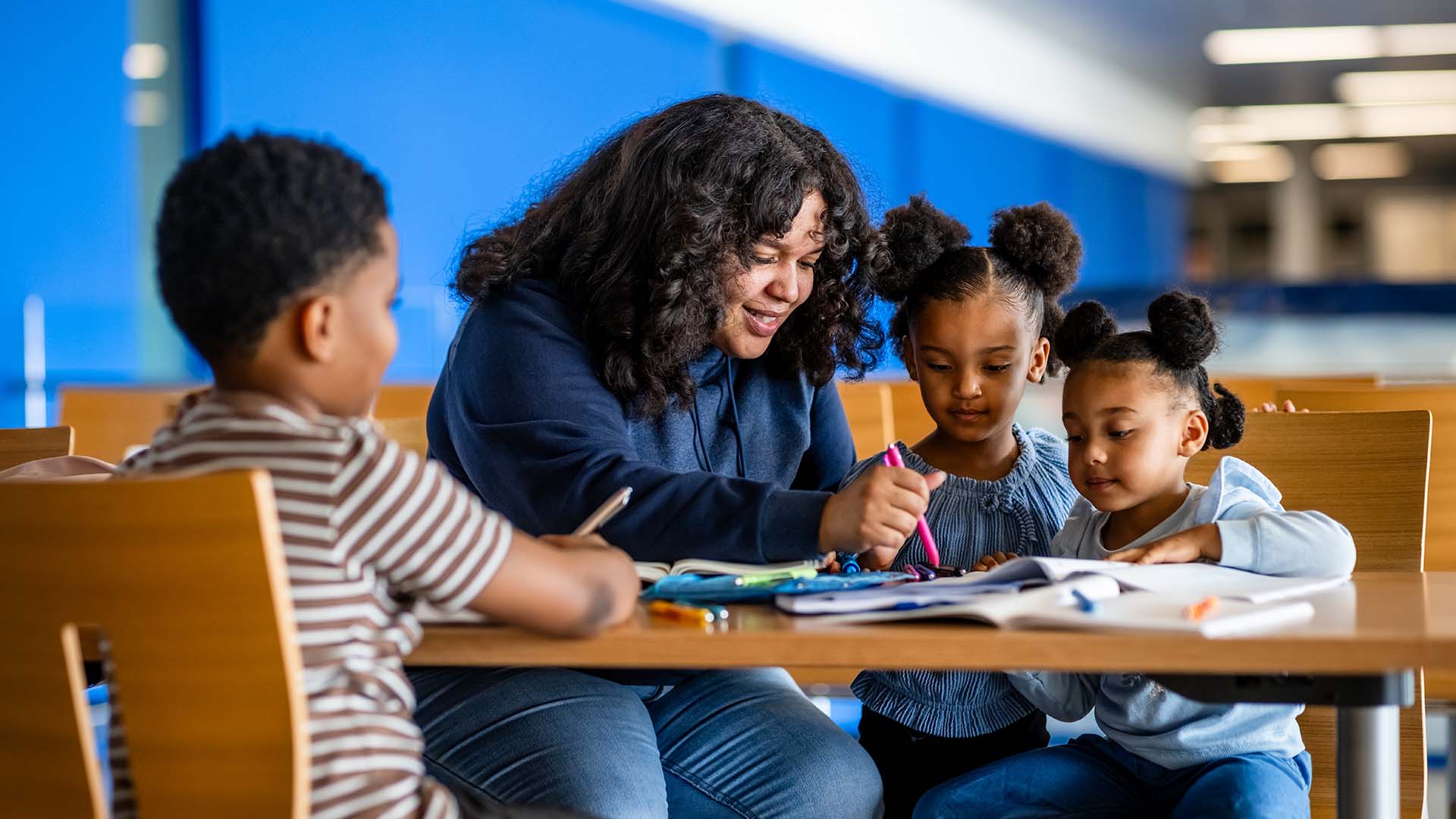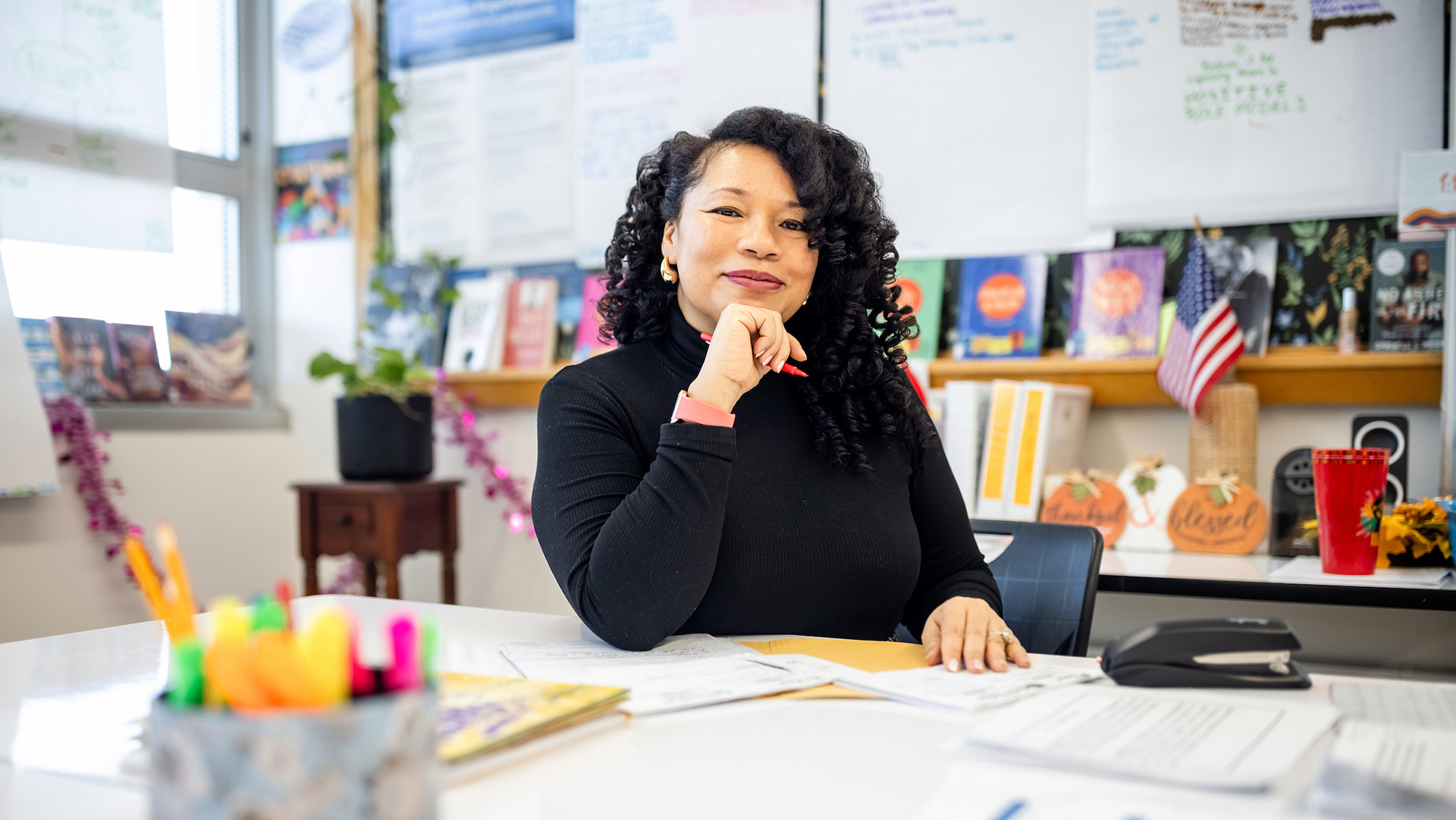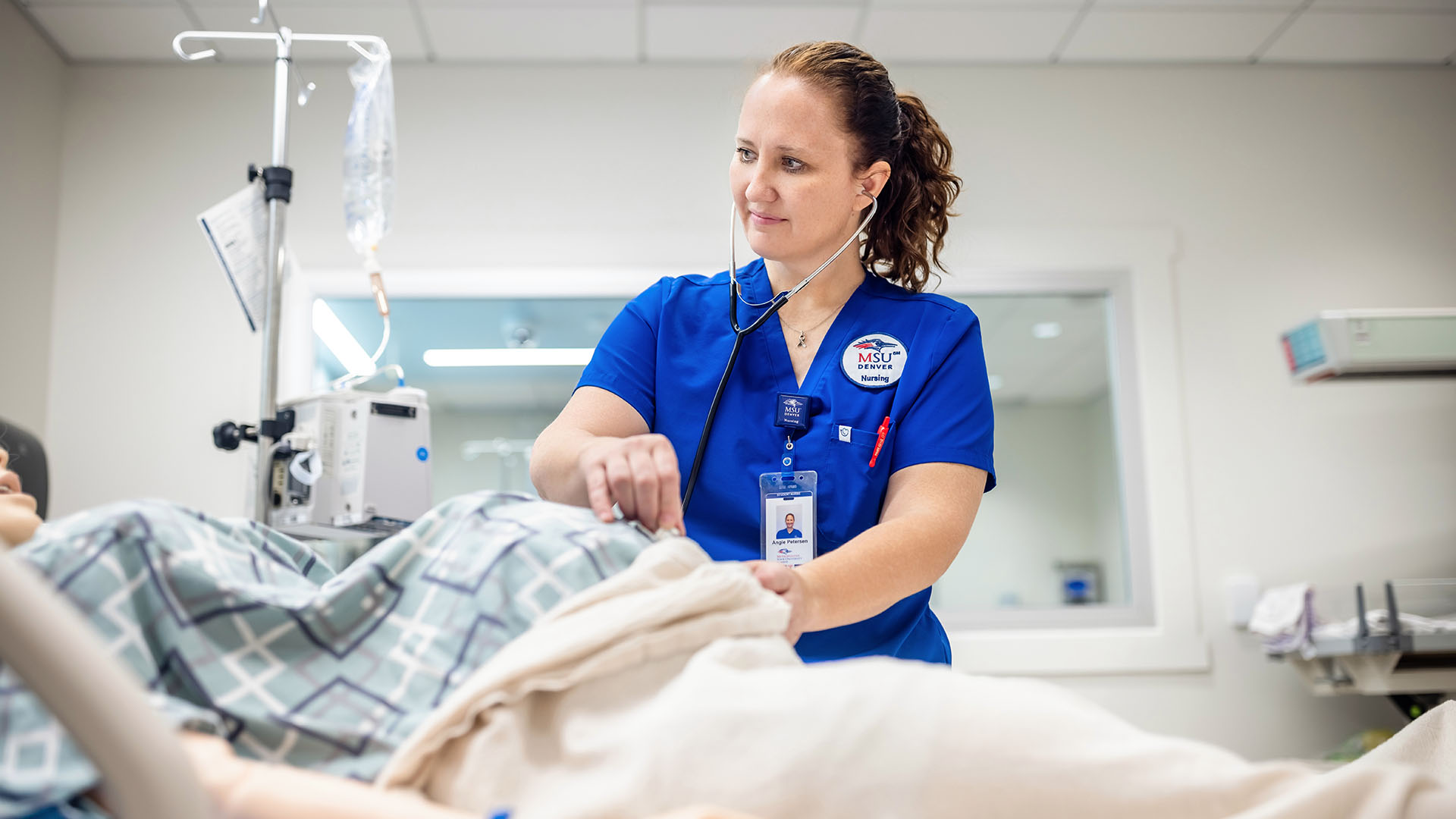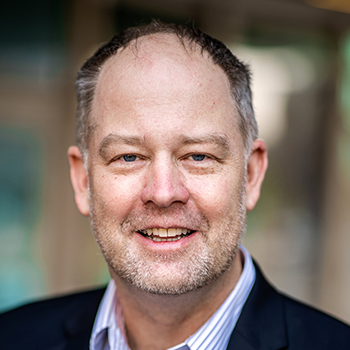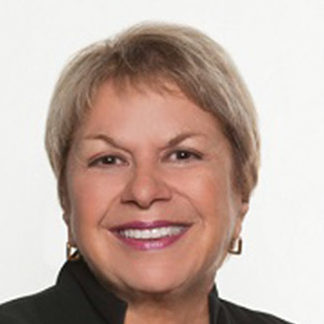Spring break with a twist
For MSU Denver scholarship students, the Alternative Break Program offers a chance to travel, volunteer and expand their worldviews.
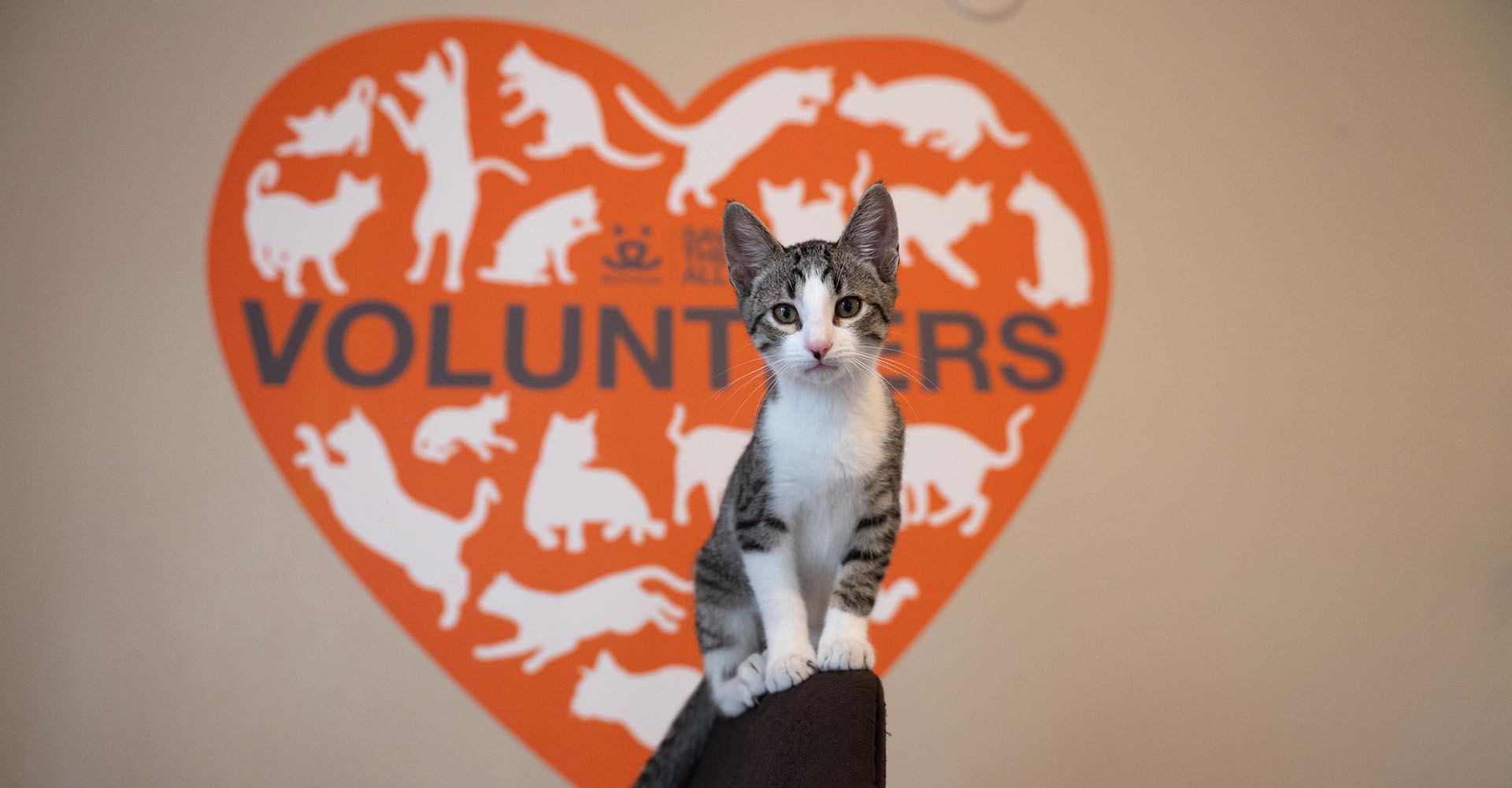
Now that the worst of the pandemic appears to be in our rearview mirror, many people are returning to pre-Covid activities — including spring-break travel. While this may conjure images of bikini-clad beachgoers for some, the Alternative Break Program at Metropolitan State University of Denver provides an option that values meaning over margaritas.
The Alternative Break Program offers scholarship students the opportunity to travel, serve a community and gain cultural education off campus. Participating students immerse themselves in different communities for weeklong service experiences, gaining exposure to social issues and learning leadership skills while becoming more informed citizens.
Eight students and one faculty trip advisor made a 600-mile road trip to Kanab, Utah, home of the animal sanctuary Best Friends Animal Society on March 20–25. Best Friends and MSU Denver students worked together to create a hands-on, fulfilling service experience.
Student volunteers cleaned pig enclosures and rooms for dog grooming and kittens and pitched in with gardening and pulling weeds around the property.
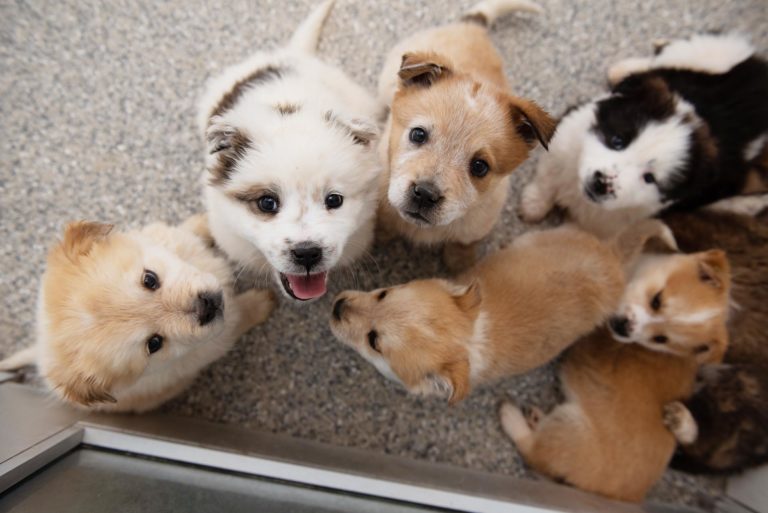
Two other alternative spring-break trips are scheduled for May: one to La Puente, an organization that addresses chronic poverty in the San Luis Valley, and the other to the Cheyenne River Youth Project in South Dakota, where students learn about and support Lakota youth and families.
Lauren Koppel, assistant director of MSU Denver’s Scholarship and Retention Programs (part of the Classroom to Career Hub), took the reins of the Alternative Break Program in spring 2017. The program has grown ever since, she said.
Koppel works with students in 10 scholarship programs with a goal of fostering community, developing leadership skills and increasing civic engagement. This year, the Alternative Break Program expanded to include two new scholarship plans: the College Assistant Migrant Program and the Immigrant Services Program.
Since taking on the Alternative Break Program, she and Jasmine Villalobos-Valles, coordinator of Scholarship, Leadership and Community Partner Programs, have partnered to bring these trips to life.
RELATED: Hot vax summer, take two
Koppel’s college experience doing alternative spring-break trips fueled her interest in the Alternative Break Program. And Villalobos-Valles is an MSU Denver graduate and Alternative Break Program veteran. During her senior year, she led two Alternative Break trips en route to graduating in 2019 with a Business Management degree. Today, she’s on the MSU Denver staff helping scholarship students like she was explore similar experiences.
“It’s a nice full circle,” she said.
Another benefit of the trips? Firm friendships. “Many of our traditionally aged students have never lived away from home, so this is one of the first times that they’re able to live with their peer group for a week,” Koppel said.
“Friendships really develop when you’re on an 11-hour drive,” she added.
The bulk of the trips are planned by the students themselves. They arrange travel and rest stops, food and cooking, the volunteering agenda, reflection opportunities and discussion, and enrichment activities.
This year’s spring-break trip was originally planned for 2020 but was canceled due to the Covid-19 pandemic.
“It’s something that (students) look forward to each year, and so when Covid hit, we were pretty devastated that a lot of our students weren’t going on trips,” Villalobos-Valles said. “This year feels like it’s a new reset.”
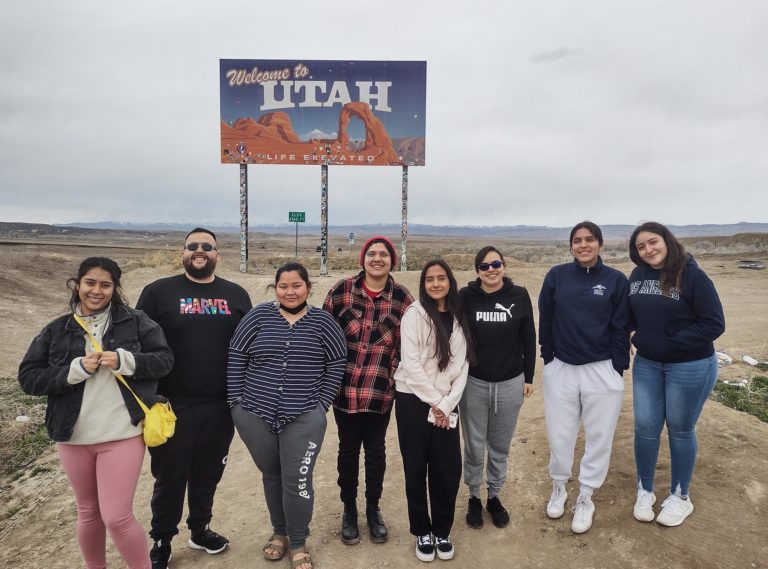
MSU Denver junior Yenifer Delgado, a recipient of the Denver Scholarship Foundation scholarship, found the Best Friends trip to be an important chance to disconnect from technology and stress.
“The reason I believe this matters is because in the city, you can’t really just take a moment and appreciate nature and animals,” she said. “I feel like this is an opportunity to help you get away from technology and the really busy lives that we have as students.”
MSU Denver senior Keiry Perea Rascon, a recipient of the Dream.US and Denver Scholarship Foundation scholarship, recommends the experience as an opportunity for students to get out of their comfort zones.
RELATED: ‘Strengthening our democracy’ through public service
“If you’re thinking about participating, I would say just be mindful that you’re going to be uncomfortable,” she said, “but it’s OK to be uncomfortable.” She added that opportunities to work with others, be present in the moment and network were important to her as well.
The true cost of the experience runs $250 to $400 per participant, but student leaders help fundraise to offset those costs. Student leaders have also advocated for additional fundraising to further the mission of each trip, e.g., buying coats for impoverished youth or supporting additional enrichment activities such as stargazing in a national park. Donations to help offset costs for students are accepted through the program’s online portal.
Koppel finds meaning in learning about social issues, meeting with experts working to create social change and learning from and with students. With each trip, she said, “I feel like my worldview grows a little bit larger.”

